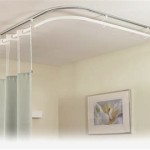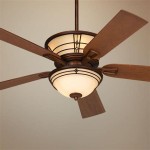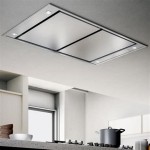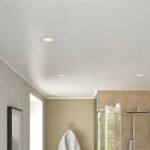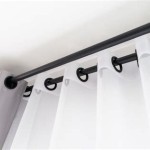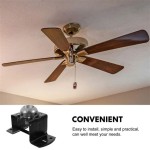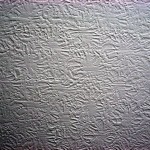Board and Batten Ceiling: A Comprehensive Guide to Design and Build
Board and batten ceilings, with their unique blend of rustic charm and contemporary elegance, have become increasingly popular in residential and commercial spaces alike. This comprehensive guide will delve into the essential aspects of board and batten ceilings, including design considerations, building techniques, and creative applications.
Design Considerations
Spacing and Width: The spacing and width of the boards and battens contribute significantly to the overall aesthetic of the ceiling. Wider boards and narrower battens create a more traditional look, while narrower boards and wider battens lend a modern touch.
Material Choice: Wood species such as pine, oak, and mahogany are commonly used for board and batten ceilings. Each species offers distinct grain patterns and color variations, allowing for a wide range of design options.
Texture and Finish: The texture and finish of the boards and battens can enhance the visual interest. Distressed, wire-brushed, or reclaimed wood can add a rustic touch, while smooth, painted surfaces create a more polished look.
Building Techniques
Installation Methods: Board and batten ceilings can be installed using nails, screws, or a combination of both. The choice of method depends on the weight of the materials and the desired aesthetic effect.
Battens and Backing: Battens are typically attached to the ceiling joists first, creating a grid-like structure. Boards are then installed perpendicularly to the battens, closing the gaps between them.
Trim and Molding: Trim and molding can be added to enhance the design and conceal imperfections. Crown molding along the perimeter of the ceiling creates a finished look, while baseboard molding hides the gap between the ceiling and walls.
Creative Applications
Painted Accents: Painting the boards or battens in contrasting colors can add a pop of color and create a visually dynamic effect. Alternatively, painting the battens a darker color can draw attention to the grid pattern.
Lighting Integration: Recessed lighting or pendant fixtures can be integrated into board and batten ceilings to provide ambient or accent lighting. Strategic placement of light sources can create dramatic effects.
Accent Walls and Ceilings: Board and batten ceilings can serve as accent elements in specific rooms or sections of a space. By limiting them to a single wall or ceiling, they become a focal point that adds visual interest.
Conclusion
Board and batten ceilings offer a versatile and visually appealing option for both residential and commercial spaces. By understanding the design considerations, building techniques, and creative applications, you can create a unique and memorable ceiling that complements any décor style.
Remember to consult with a qualified contractor for professional advice and assistance during the planning and installation process. With proper design and execution, a board and batten ceiling can become a timeless and captivating feature of your home or business.

Floor To Ceiling Board And Batten Micheala Diane Designs

5 Steps To Floor Ceiling Board And Batten Entryway Grace In My Space

Board And Batten Tutorial Love Grows Wild

How To Make A Board And Batten Feature Attic Wall

5 Steps To Floor Ceiling Board And Batten Entryway Grace In My Space

Board And Batten Tutorial Love Grows Wild

Everything You Need To Know About Diy Board And Batten Walls Small Stuff Counts

Diy Board And Batten Walls Jenna Sue Design

Floor To Ceiling Board And Batten

How To Install Board And Batten As An Accent Wall Grace In My Space
Related Posts

